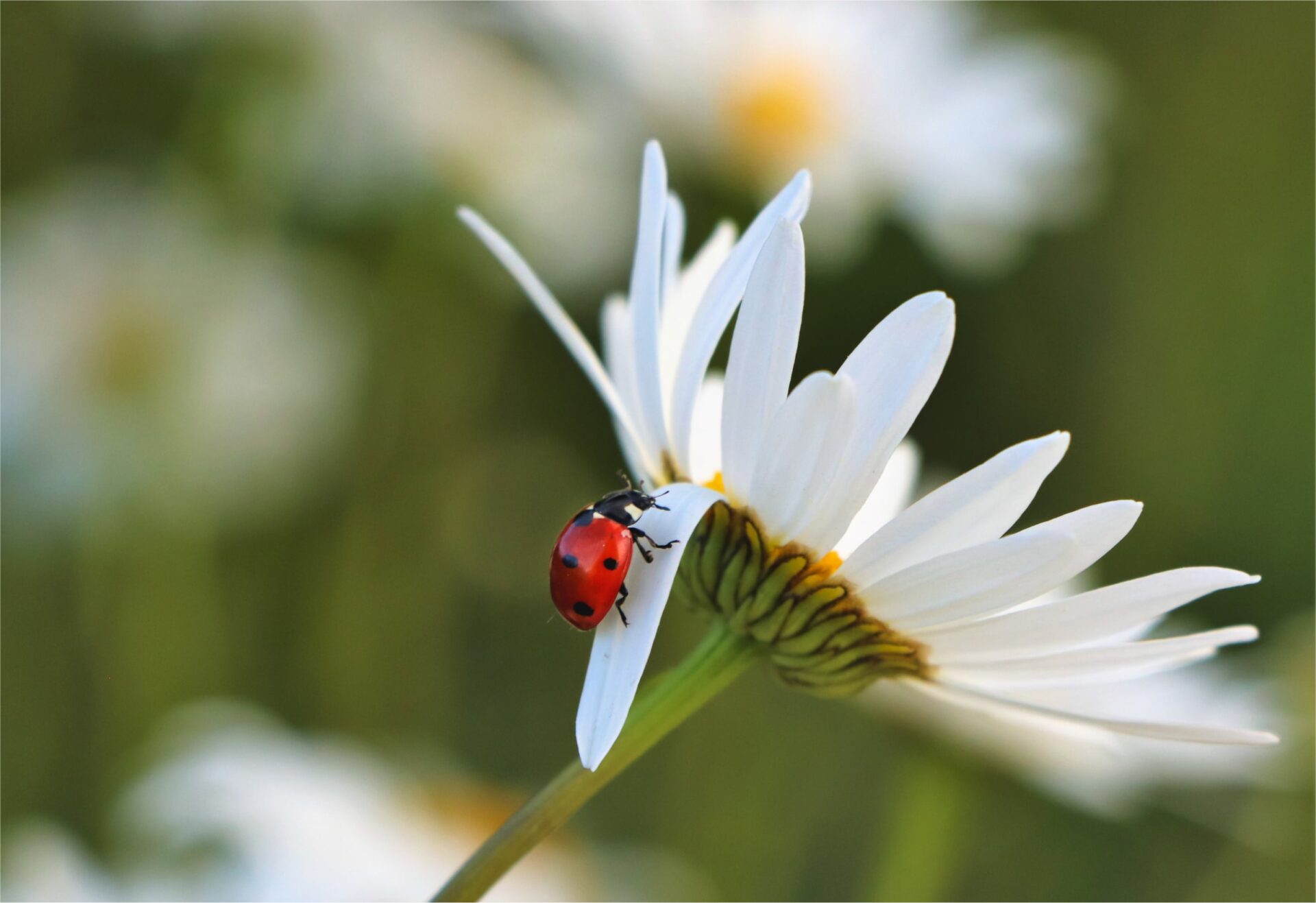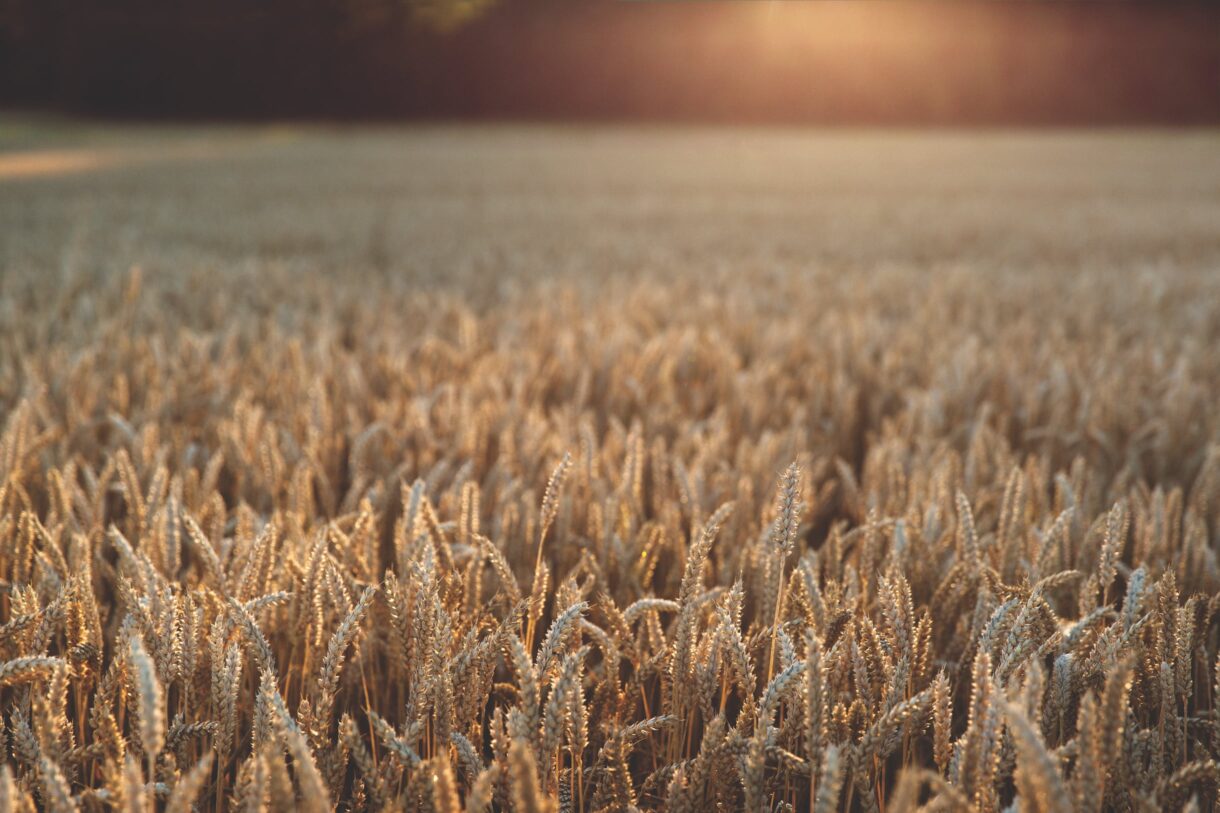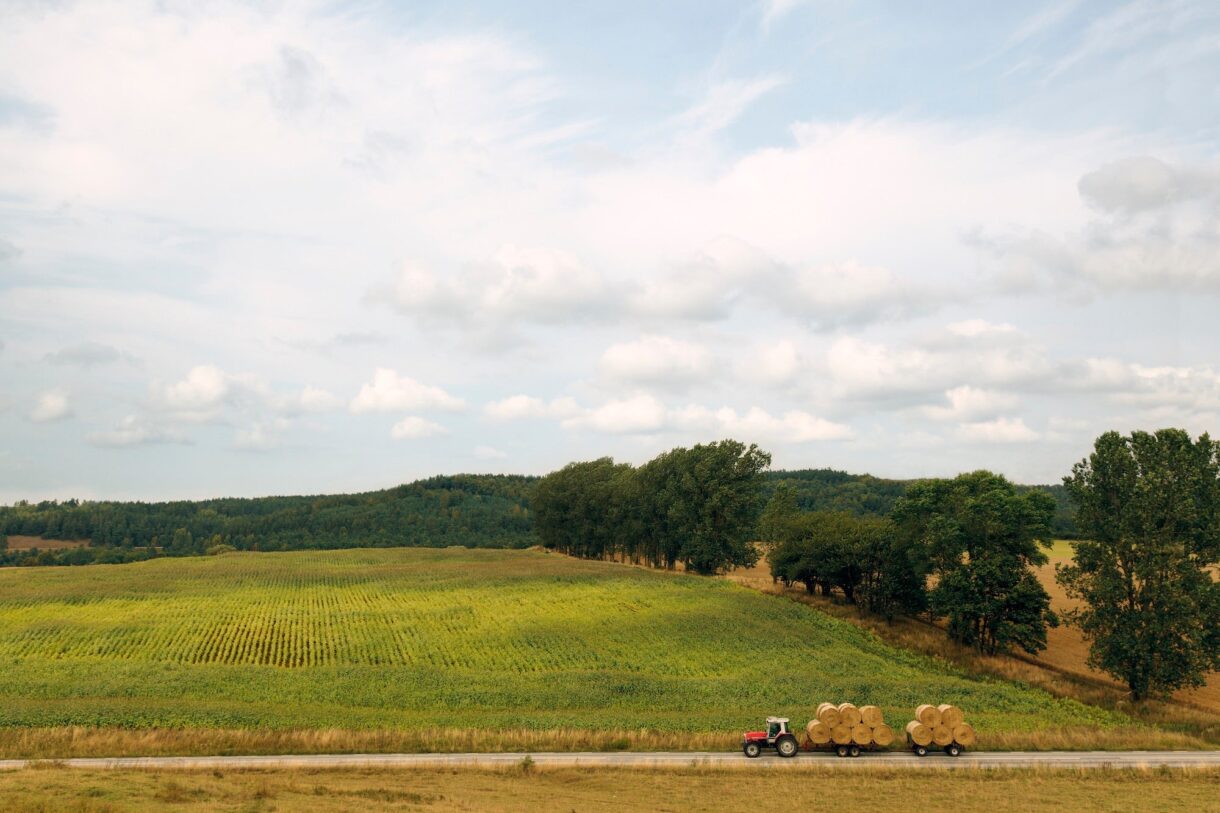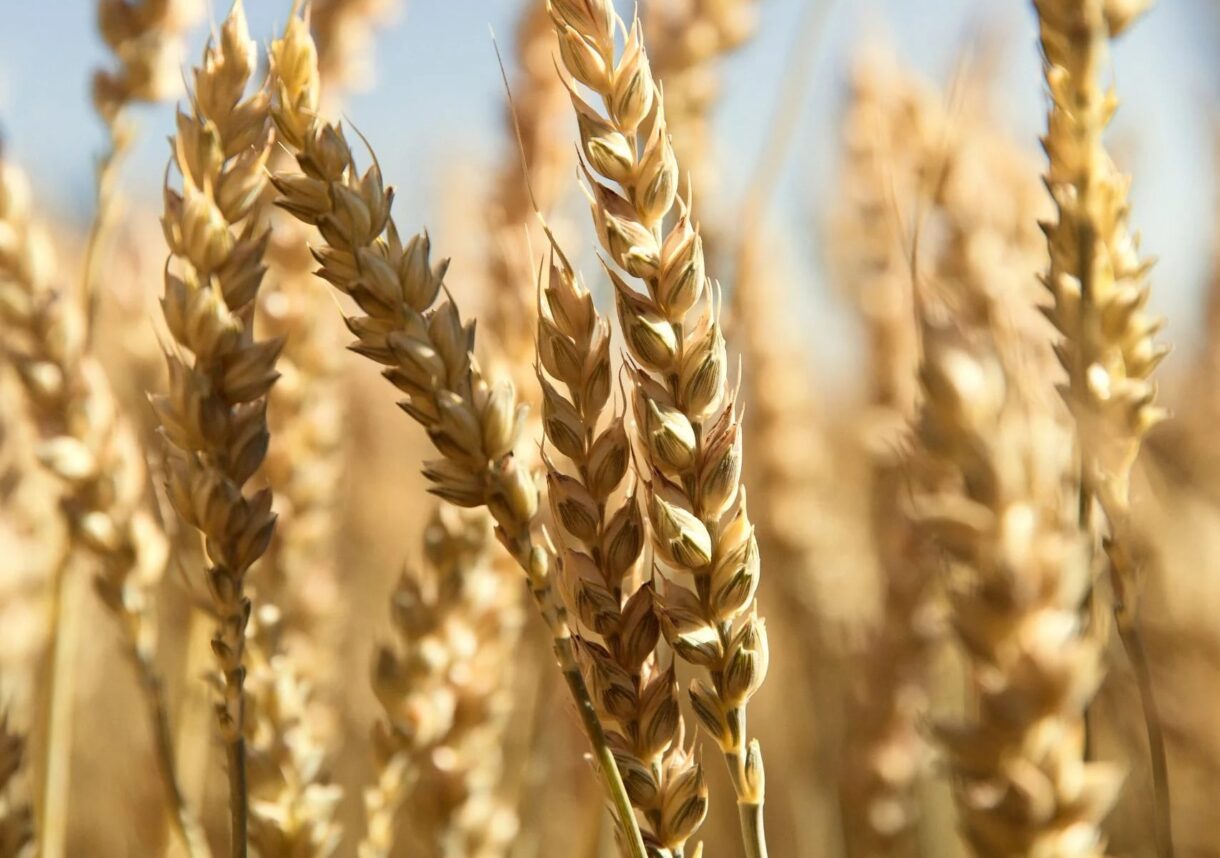
Absolut Wheat Sustainability: Setting the standards for sustainably farmed high-quality wheat
Wheat currently contributes to roughly a third of Absolut Vodka’s total carbon footprint. By sourcing our wheat locally, we can work closely with our farmers, many of whom are frontrunners in sustainable farming, with an incentivised points-based system.
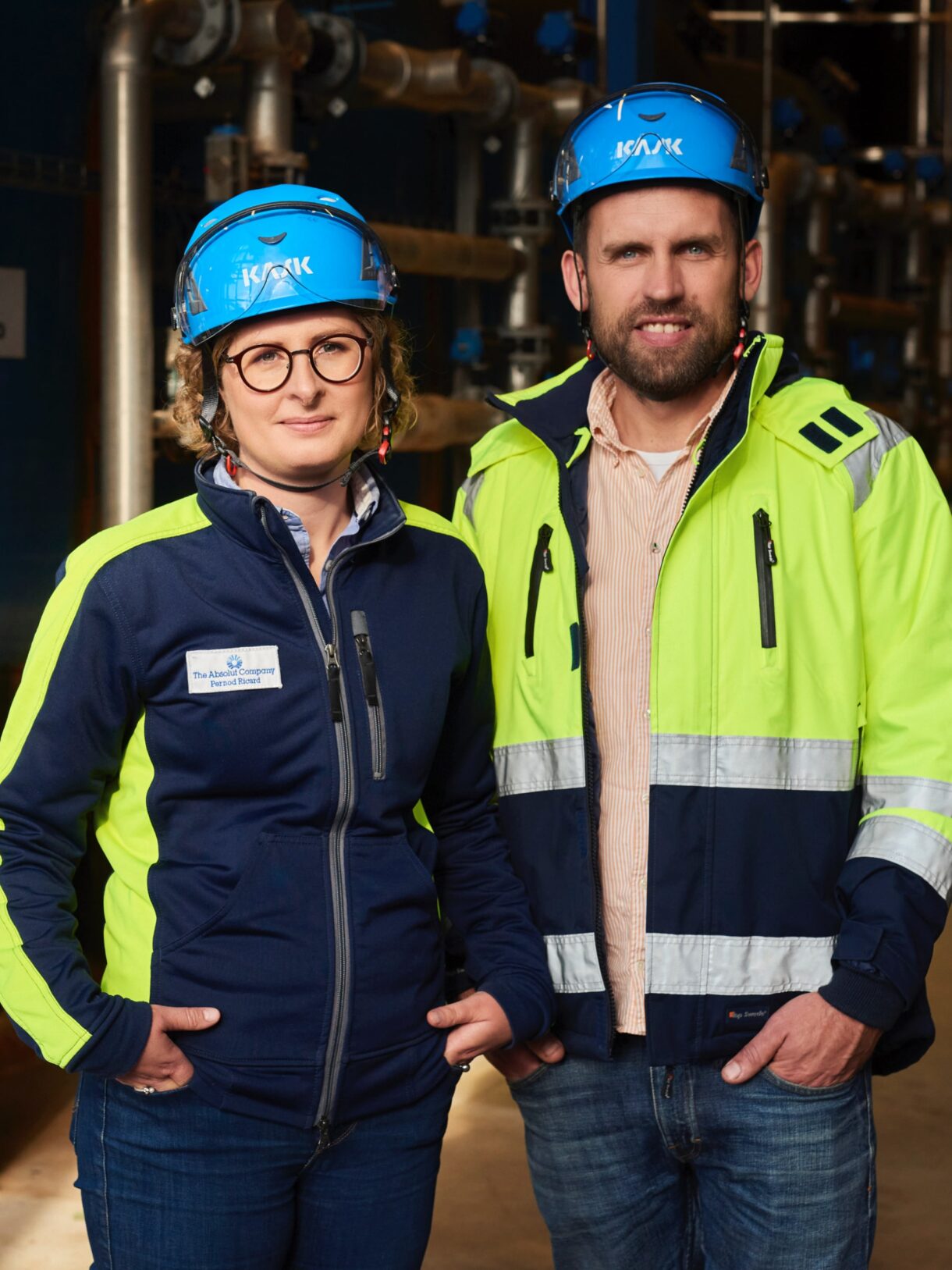
Our Wheat Sustainability Programme enables us to secure winter wheat of the right quality and quantity every year. But what also sets us apart is how much we know about our wheat. We have one source – we know where our wheat is from and have full traceability
“Since we know our farmers, we can set standards that guarantee high quality but our programme is more than about wheat. We are contributing to sustainable agriculture being ingrained in farms across the region by raising environmental awareness and the skills of farming in general” says Marcus Lundmark, who works with Karin Skoog, on the production planning team at the distillery. The pair collaborate closely with around 300 farmers in southern Sweden, who deliver high-quality winter wheat with optimal starch content, cultivated according to our sustainability standards.
The temperate climate in southern Sweden is ideal for producing winter wheat, contributing to yields that are typically at least double the global average. Sown in September, the wheat kernel germination slows as the colder winter temperatures create a hibernation effect for the wheat. When spring comes, the wheat bursts back to life and grows at an accelerated pace with the advent of summer – helping create the high starch content necessary to react with the yeast during the alcohol production process.
Marcus says: “For bread, you need the wheat’s protein, for vodka, you need its starch. In autumn, our wheat grows five to 10 centimetres high, and then it goes to rest when winter comes. When the spring comes, it starts growing again. The yield for winter wheat is 20 to 30 per cent higher compared to wheat sown in the spring.”
Since we know our farmers, we can set standards that guarantee high quality but our programme is more than about wheat.
Marcus Lundmark, agricultural technologist
One square meter of farmland produces approximately one kilo of wheat which is enough for a one-litre bottle of Absolut. With more than 100,000 tonnes of wheat needed every year, it contributes to a significant part of our total environmental footprint, both in terms of climate and biodiversity. This is why for the past 20 years we have been working hard to improve the practices of the farms that supply us with wheat so they can reduce their impact on the environment.
We want to utilise a farm’s natural production conditions and achieve sustainable wheat cultivation with high yields, high biodiversity, good crop rotation, healthy soils and reduced CO2 emissions. Minimising nitrogen leakage is also important to us.
Nitrogen is a vital nutrient for plants and plays a crucial role in various physiological processes, such as photosynthesis, protein synthesis, and enzyme activities. Minimising losses of nitrogen is crucial for sustainable agriculture, as excess nitrogen application can lead to environmental issues like water pollution and greenhouse gas emissions. Balancing nitrogen inputs with the crop’s actual requirements not only reduces environmental impacts but as our own research has found, using less nitrogen can help create a higher level of starch in the wheat.
Our programme is a long-term commitment and involves collecting extensive data from each field on yield, use of fertilisers and plant protection. As each year goes by, we are building a more detailed picture of how the farms perform in terms of sustainability. By improving farming methods, the quality of the soil and water will be maintained – and farmers will be paid more to fulfil our sustainability standards, creating incentives for future improvements.
“The purpose of our job is to generate an optimal ingredient for our vodka with the least possible impact on the environment and the climate,” says Marcus. “And we pay a premium for our wheat because we want that guarantee.”
Today, our farmers show very strong development in terms of yield. The three-year average has increased by more than 15 per cent since 2006, meaning we need less farmland to produce Absolut vodka today. However, while we want to increase yield with a lesser impact our programme is about much more than just wheat cultivation.
Marcus adds: “The management of the farm is so important. Using different types of fuel in the tractors doesn’t help the wheat grow differently but it does help the climate. If farmers create beetle banks to give space for insects to hibernate and grow flowers around field edges it helps biodiversity. If we can work the farmers and arm them with knowledge of how to farm in the best way, then together we can all make a great impact.”
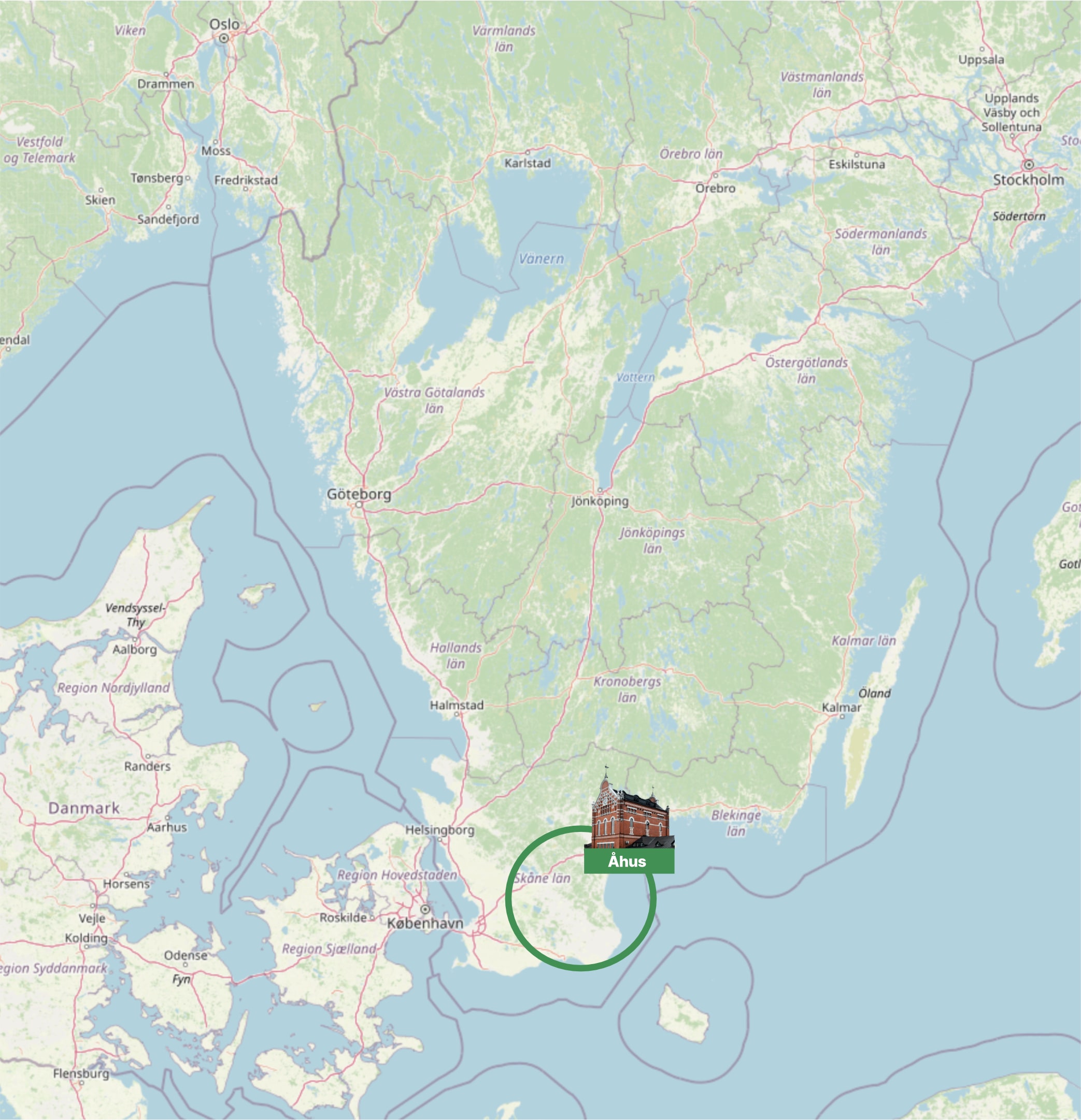
Absolut Wheat Sustainability Programme

To encourage all our farmers to be more sustainable we have a financially incentivised points-based system that encompasses three key themes – climate (to reduce CO2 emissions), soil health (to maintain soil fertility and reduce nutrient leakage) and biodiversity (to maintain or create habitats for wild plants and animals).
“We have basic standards every farm should fulfil and then a points system for additional optional credits. We have big farms, small farms, farms with animals and farms without. We want to include every type of farm in the programme. With our point system, farms have different options, and they can choose the ones most appropriate for them,” says Karin Skoog, Production Manager at The Absolut Company.
To be paid a premium price, farmers need to collect a total of 12 points (out of a maximum of 42) a year by adopting various sustainable practices, which include:
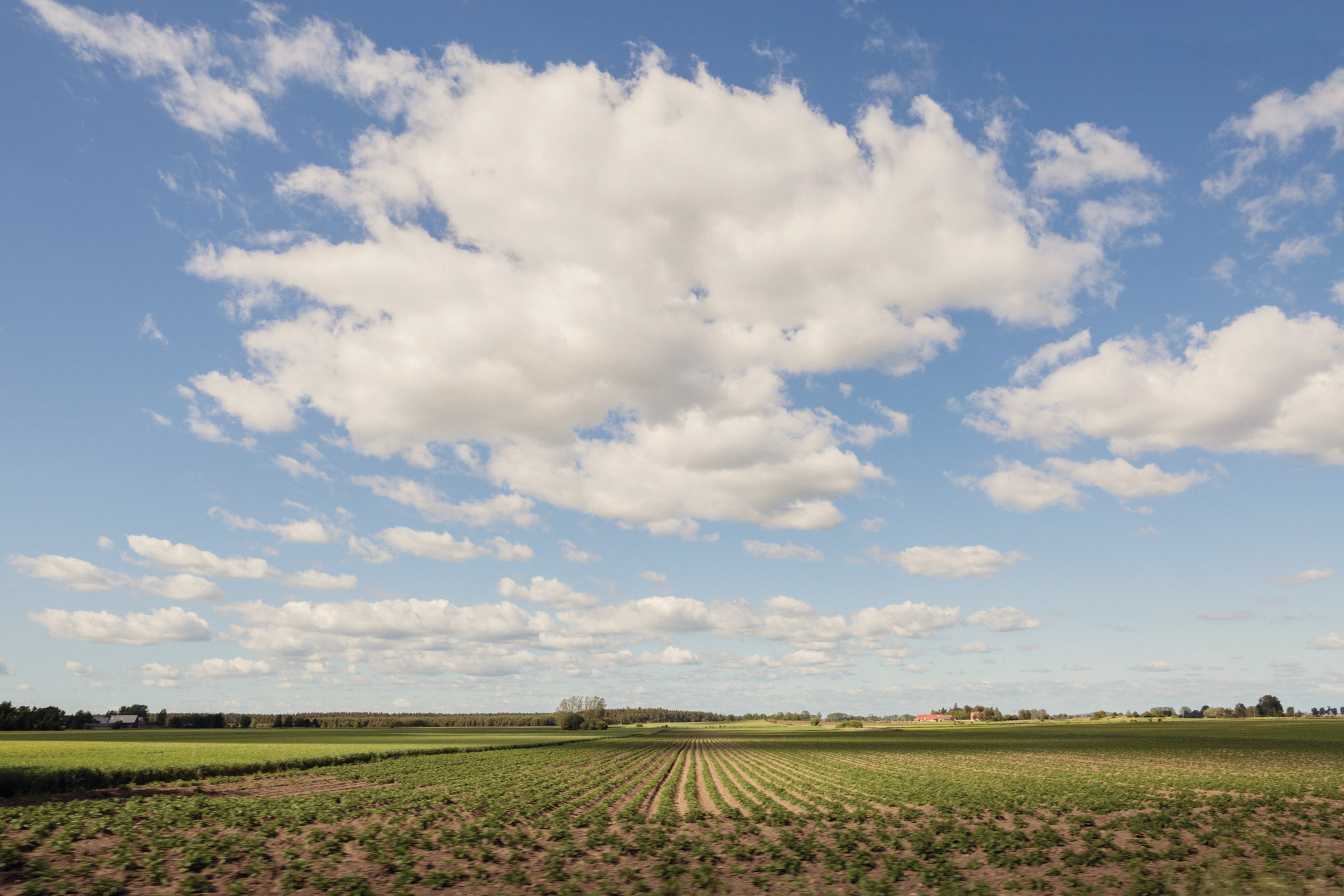
Absolut Wheat Sustainability Programme – Menu
The Absolut Wheat Sustainability Programme addresses climate, soil and biodiversity. The programme includes a range of activities covering all three focus areas. Every activity is worth a number of points, every supplying farmer has to reach at least 12 points – but it is up to them to choose which of the activities are relevant to implement at their farm.
Soil health
Organic fertilisers
Using organic fertilisers instead of mineral fertilisers creates better soil health.
Sowing perennial crops
Perennial crops provide greater carbon storage and all-year-round soil coverage.

Rotating crops
Crop rotation aids biodiversity, soil health, carbon storage and nutrient leakage.
Biodiversity

Water
Encouraging farmers to preserve and create watercourses increases biodiversity.
Larch fields
Larch squares create thriving environments for birds and insects.
Growing flowers
Creating wintering opportunities for insects, flowers and beetles.
Birds and bats
Creating breeding and housing environments for birds and bats.
Climate
Fertilisers
Using BAT (Best Available Technology) fertilisers that emit less nitrogen.
Using fossil-free energy
Using fossil-free energy sources to dry wheat is rewarded.
Produce fossil-free energy
Producing fossil-free energy (e.g. solar panels) reduces the need for fossil fuels.
Fossil-free fuel
Using renewable fuels in tractors reduces CO2 emissions from the farm.

Training and awareness
Farmers are encouraged to carry out energy surveys and climate assessments.
Creating a buzz to boost biodiversity
Absolut is a supporter of “Hela Sverige Blommar”, the national programme to sow flowering field edges around farmland to benefit pollinating insects such as bumblebees and bees.
Take a drive around Skåne in the spring and you can’t but notice kilometre upon kilometre of colourful flowers alongside the edges of farm fields. It’s a glorious sight but these flowers aren’t there to simply brighten up the countryside. They are all part of a biodiversity project, Hela Sverige Blommar (Sweden Blooms), which was launched five years ago to create better conditions for Sweden’s farmland ecosystem by growing flowers to attract pollinators and boost biodiversity.
With more bees and other pollinators such as butterflies and bumblebees, these flowering habitats are feeding insects which are in turn a food source for birds and mammals. The fallow zones also form a protected home for micro-organisms that support healthy soils that can lead to more productive and sustainable agricultural practices.
Initially a project for southern Sweden, it is now nationwide. To date, more than 500 farmers across Sweden have planted flowering areas of 2000 hectares around their fields, equivalent to 900 football pitches.
“When we started in 2018, we offered to sow the flower seeds to make it easier for the farmers to implement,” says Mattias Hammarstedt, founder of the Hela Sverige Blommar. “Today, most sow it themselves. The project is making a huge impact across Sweden. We have bigger areas where there are no pesticides and the field edges serve the purpose of fragmenting the landscape so that insects do not need to travel as far to find food.”
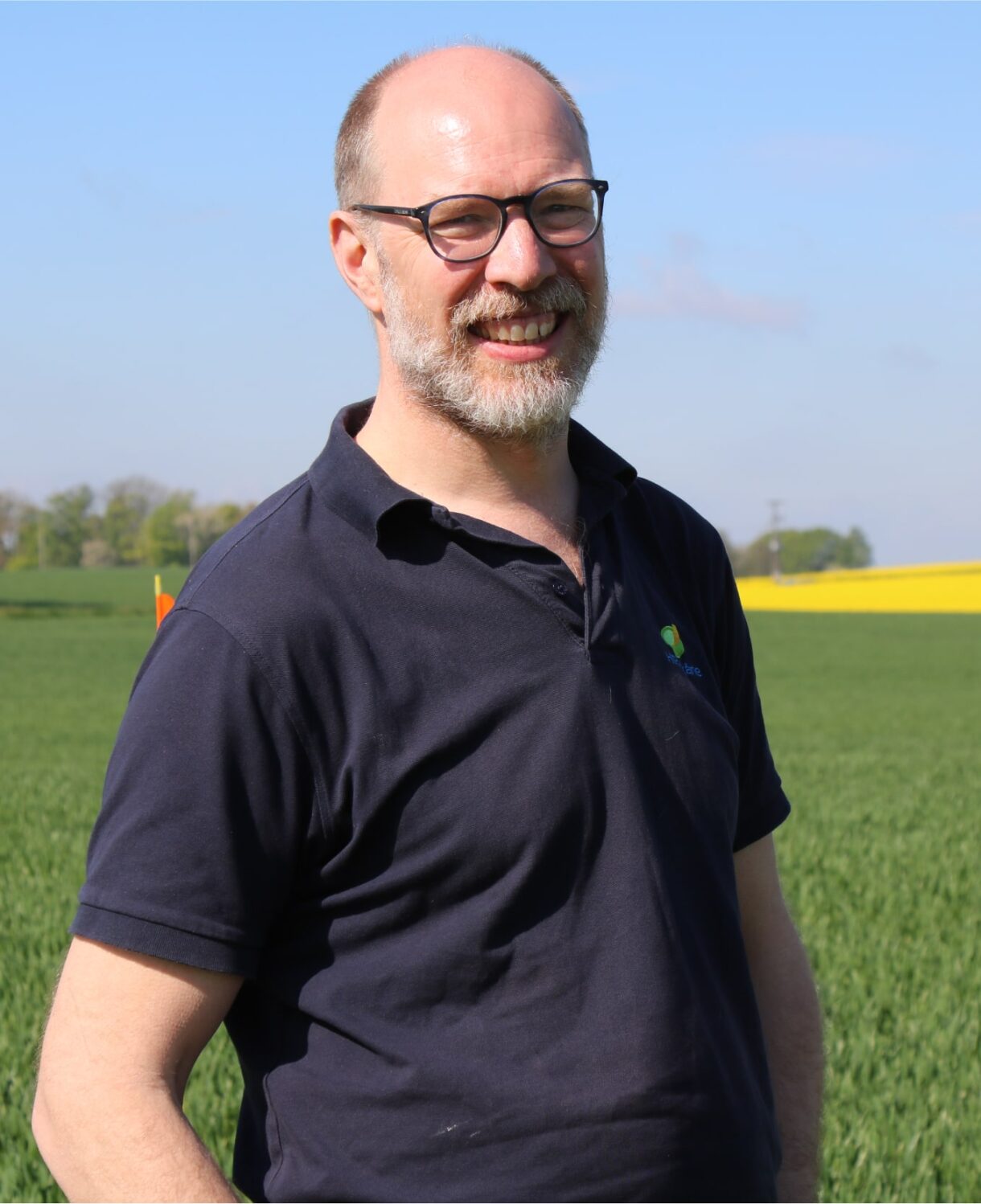
We back the project by funding pollinator-friendly wildflower seeds and providing support for our wheat farmers to create meadow areas along field margins and in fallow fields. Farmers who sow herbs and flowers in the field edges are also awarded points that count towards their index score for the sustainability premium as part of our Sustainable Wheat Programme.
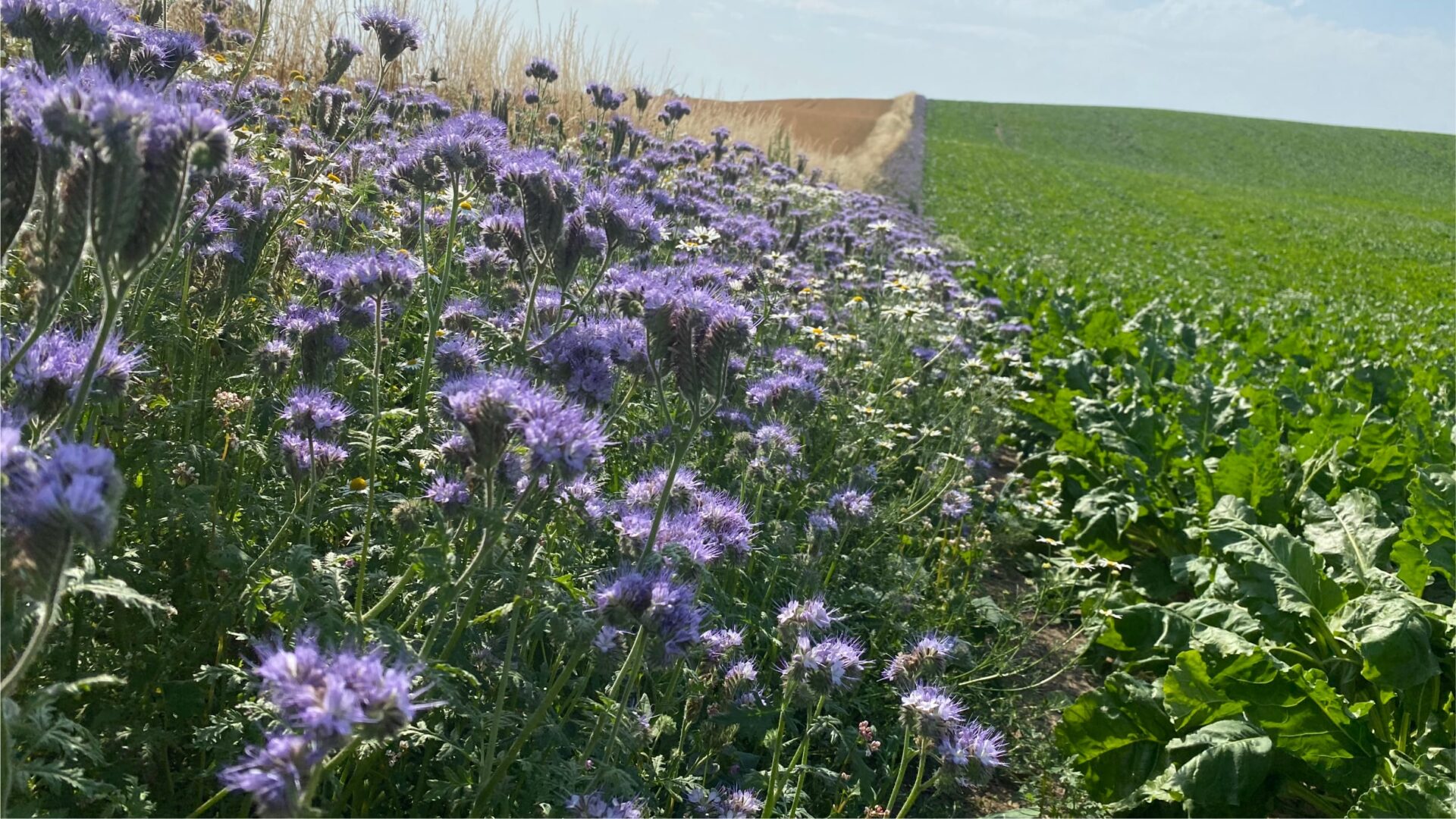

We used to have a lot of grass in southern Sweden but not many flowers. This is changing thanks to Hela Sverige Blommar, with flowers growing in areas around the fields. You can really notice the difference, not just with the flowers. You see the bumblebees and everything that comes to the flowers that wouldn’t come to the wheat.
— Marcus Lundmark, Agricultural Technologist, The Absolut Company
The Future Farmers project: Inspiring farmers
To reach 100 per cent sustainable agriculture and improve biodiversity in the landscape, we need to address the most pressing sustainability issues in our terroir. As part of our Wheat Sustainability Programme, we have launched a project, Absolut Farmers, which will be overseen by Mattias Hammarstedt, founder of the Hela Sverige Blommar, Sweden’s programme to sow flowering field edges around farmland (see page 12).
Future Farmers is a demonstration project aiming at inspiring our farmers and their peers to take action on biodiversity and nutrient management – an initiative in line with our ambition to contribute to sustainable farming in our region. We will be collaborating with five farmers over the next five years to demonstrate different actions from our Wheat Sustainability Programme – evaluating the effects and communicating the journey that each of the farmers is on. We are now working on expanding the communication to showcase actions and results.
“Biodiversity can be a tricky topic for farmers. There are many different ideas and expectations,” says Mattias. “What we want to add to this project is hands-on knowledge on how the farmers can improve biodiversity at the farm while ensuring good yields and profitability. And hopefully, have fun while doing it!”
